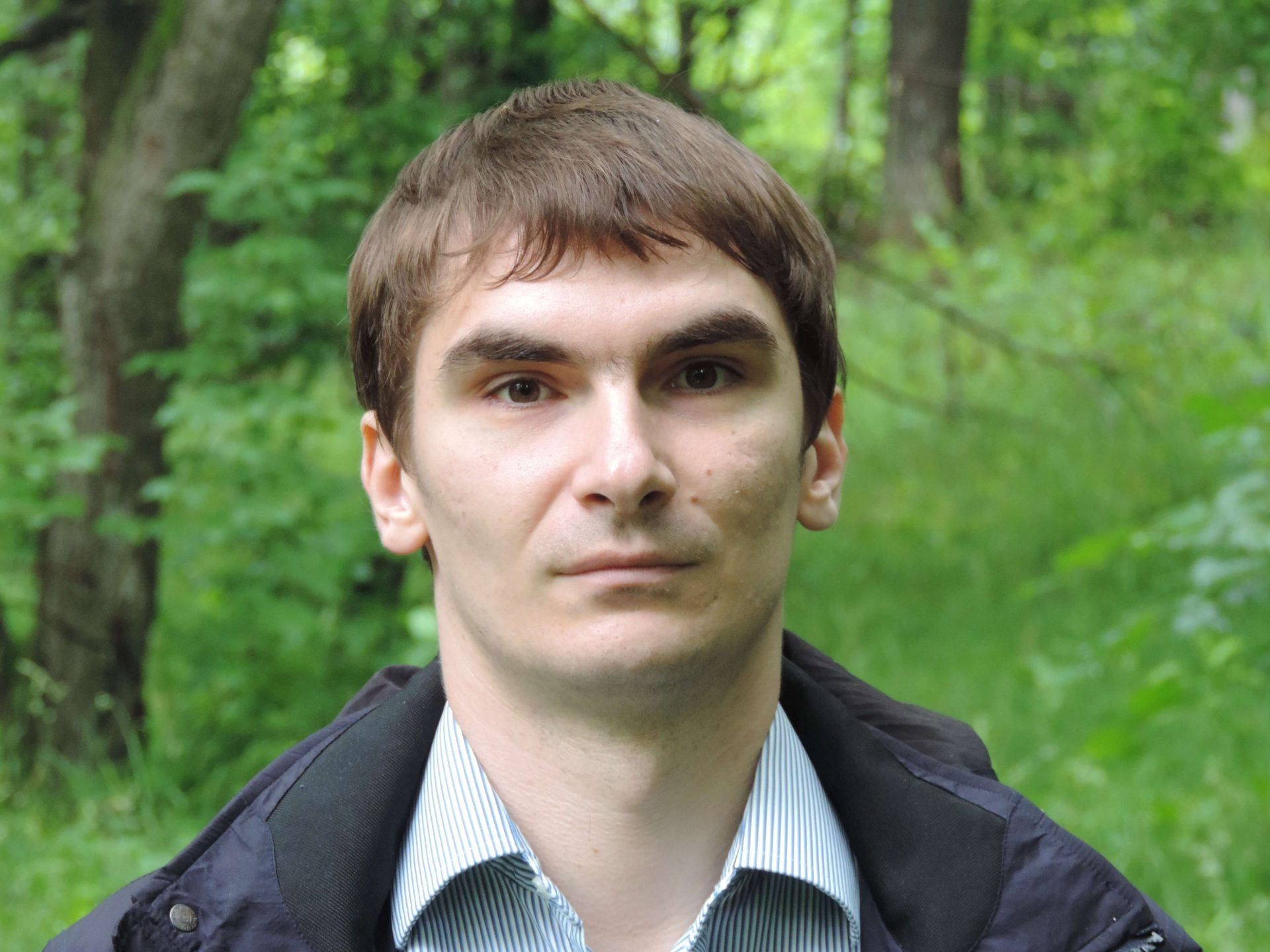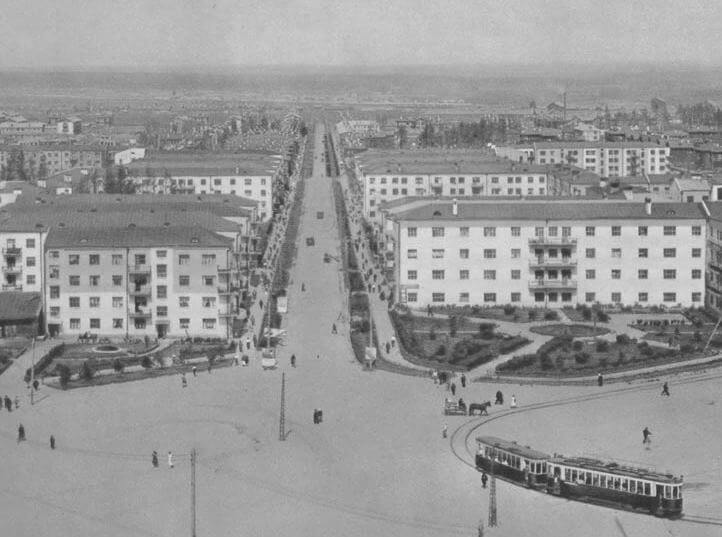Mikhail has a PhD in Political Sciences, and is a research associate at the Institute of Philosophy and Law, Ural Branch of the Russian Academy of Sciences. Mikhail Ilchenko's main research is related to the sociology of urban space, post-Soviet transformation and social science methodology. He is the author of numerous publications and editor of several collective publications on contemporary global processes and urbanism. In his work he tries to combine methods of institutional analysis with archival research and the study of daily urban life. Mikhail Ilchenko's current work is dedicated to avant-garde architecture, methods of perceiving and understanding it in contemporary society, within political and cultural contexts. Currently, he is involved in a number of research, educational, and creative projects related to the study of interwar architecture in Eastern Europe.
Mikhail Ilchenko's research during his internship at the Center is dedicated to analyzing and examining various influences experimental avant-garde and functionalist buildings during the interwar period had on the organization of urban space, rhythms of daily life and general symbolism of Lviv's architectural appearance.
Mikhail Ilchenko's many years of research on the content and context of avant-garde architecture in post-socialist cities formed the basis of the lecture course "Avant-Garde Urban Areas of Eastern Europe in the 1920-1930s." for students of the Ivan Franko National University of Lviv. A study conducted in Lviv also became part of the course. Mikhail Ilchenko and Yulia Bohdanova, an architect and researcher from Lviv, completed an educational excursion to avant-garde sites in the city with their students.
As part of his internship at the Center Mikhail Ilchenko held a public lecture "The Socialist City of Uralmash: Between "Cultural Heritage" and "Utopia" which focused on basic approaches and discussions on how to work with the content and significance of avant-garde architecture and introduced his own interpretation of the architecture of Uralmash’s residential areas in Yekaterinburg.


